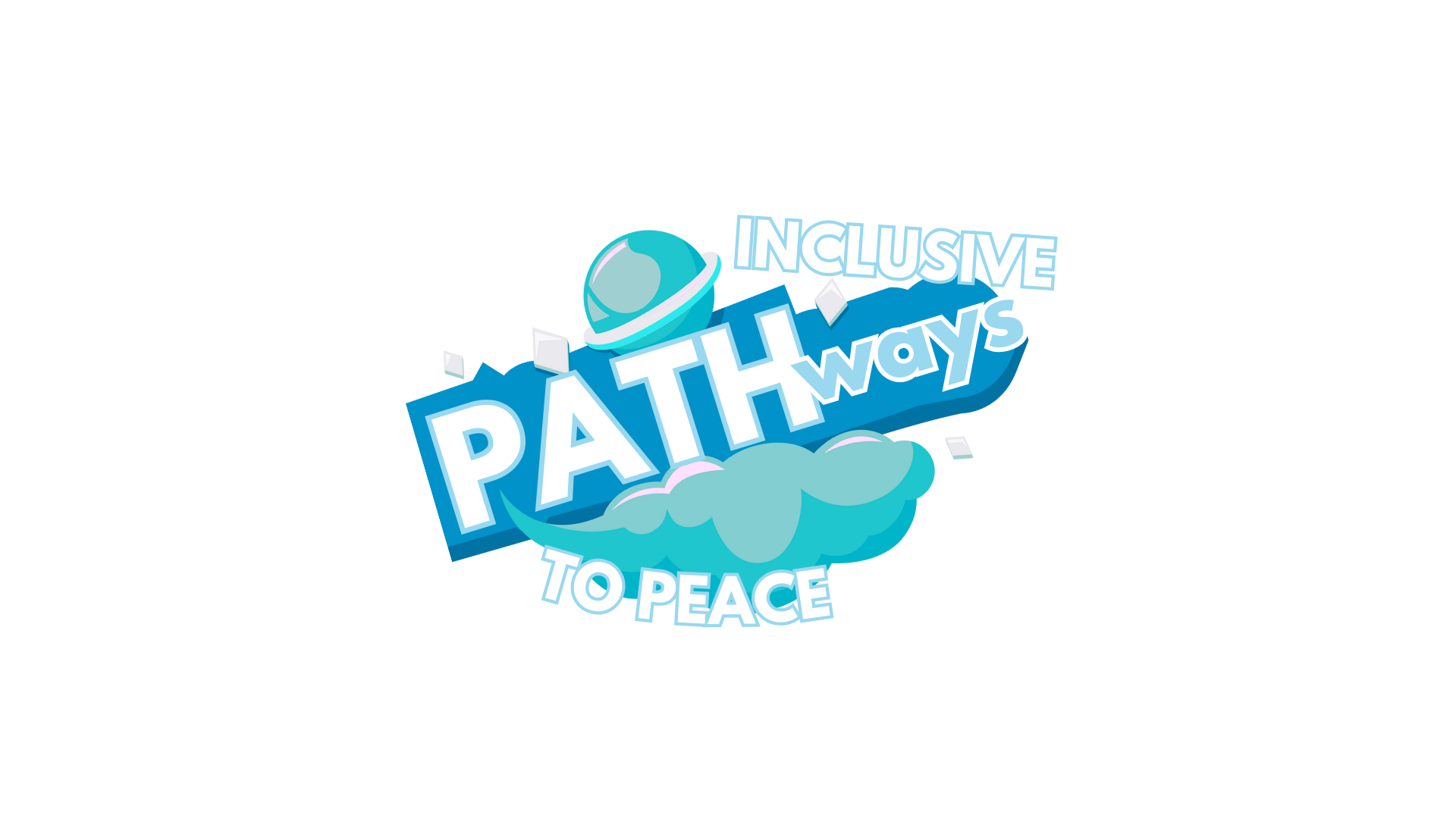We are excited to present the culmination of an extraordinary journey – the final report of our Participatory Action Research (PAR) “Youth perspectives on violence incidence, attitudes towards marginalized groups, and solutions for positive change.” This report showcases the power of youth engagement in an innovative research approach and brings valuable data to multiple stakeholders across different countries.
PAR was implemented simultaneously by Association Studio B from Croatia, YEU from Cyprus, Association Light from Serbia, and Erasmiau from Spain, from April to July 2025, within “The Power of Participation” activity under the Inclusive Pathways to Peace project, funded by the Erasmus+ programme. The transnational initiative addresses a shared challenge: the lack of media literacy and comprehensive civic education, which leaves young people more vulnerable to extremist ideologies and social polarization. The project aims to counter this through innovative educational tools and youth empowerment strategies promoting democratic values, conflict resolution, and critical thinking.
The research teams consisted of 5 young people in Croatia, Serbia, and Spain, and 6 in Cyprus, along with one youth worker in each country. These teams co-designed and conducted the research, analyzed the findings, and compiled national reports. Altogether, 237 young people aged 13 to 30 across the four countries participated, surpassing our original expectations. This collaborative approach actively involves young people in every stage of the research, from designing questions to analyzing results and suggesting interventions. It’s a powerful shift from traditional youth work, emphasizing co-creation over service provision, and ensuring context-specific, relevant solutions.
YEU Cyprus concluded its national PAR process in June, where local youth researchers designed and led a youth survey and focus groups to explore issues around marginalization and peacebuilding. Over 50 young people contributed, revealing that 72% identified migrants and refugees as among the most marginalized in Cyprus, only 7% felt schools teach effectively about such communities, and 87% agreed that marginalization deeply affects identity and aspirations.
To amplify these findings, YEU Cyprus launched a one-week social media campaign, featuring powerful quotes, real-life stories, and youth-proposed solutions such as inclusive education reform, intercultural events, and peer mediation training. The research will be shared publicly in September during The Power of Participation local event, bringing together youth, NGO’s, civil society, and researchers to reflect and connect. The findings will also inform the next project phase: the co-creation of interactive educational escape rooms designed to foster inclusion, critical thinking, and democratic engagement.
The insights gathered from all four countries are striking: 48% to 60% of youth reported experiencing violence, ranging from physical and psychological abuse to online harassment and discrimination. Schools and online spaces were identified as common environments where violence occurs, pointing to urgent areas for intervention. But beyond identifying the issues, youth proposed tangible actions—educational workshops, art-based projects, safe spaces for dialogue, and awareness campaigns. Encouragingly, 94% of young respondents believe they can be changemakers in their communities.
We invite you to download the full report and discover how youth voices are driving meaningful change. Let’s build inclusive pathways to peace, powered by the insights and creativity of young people.
